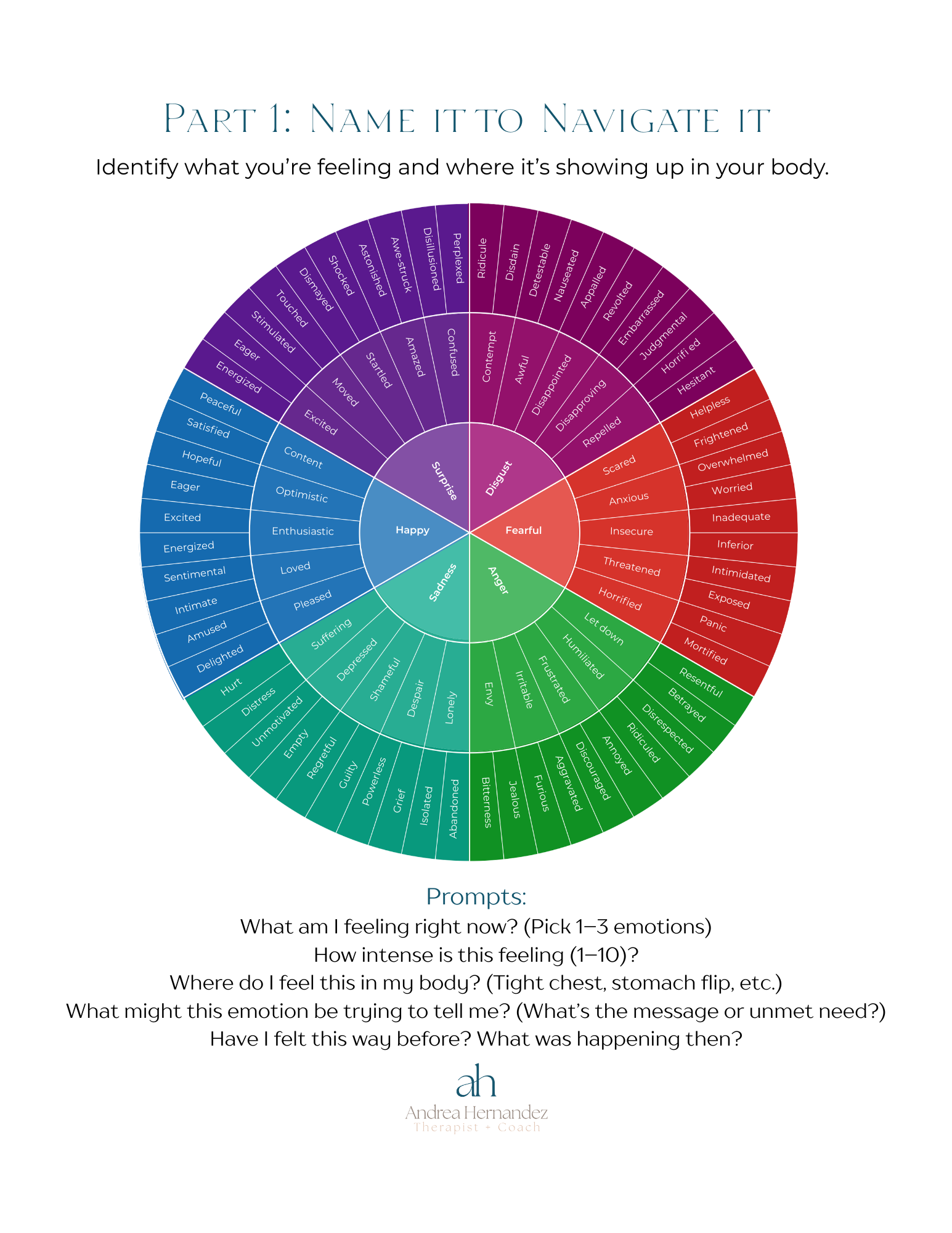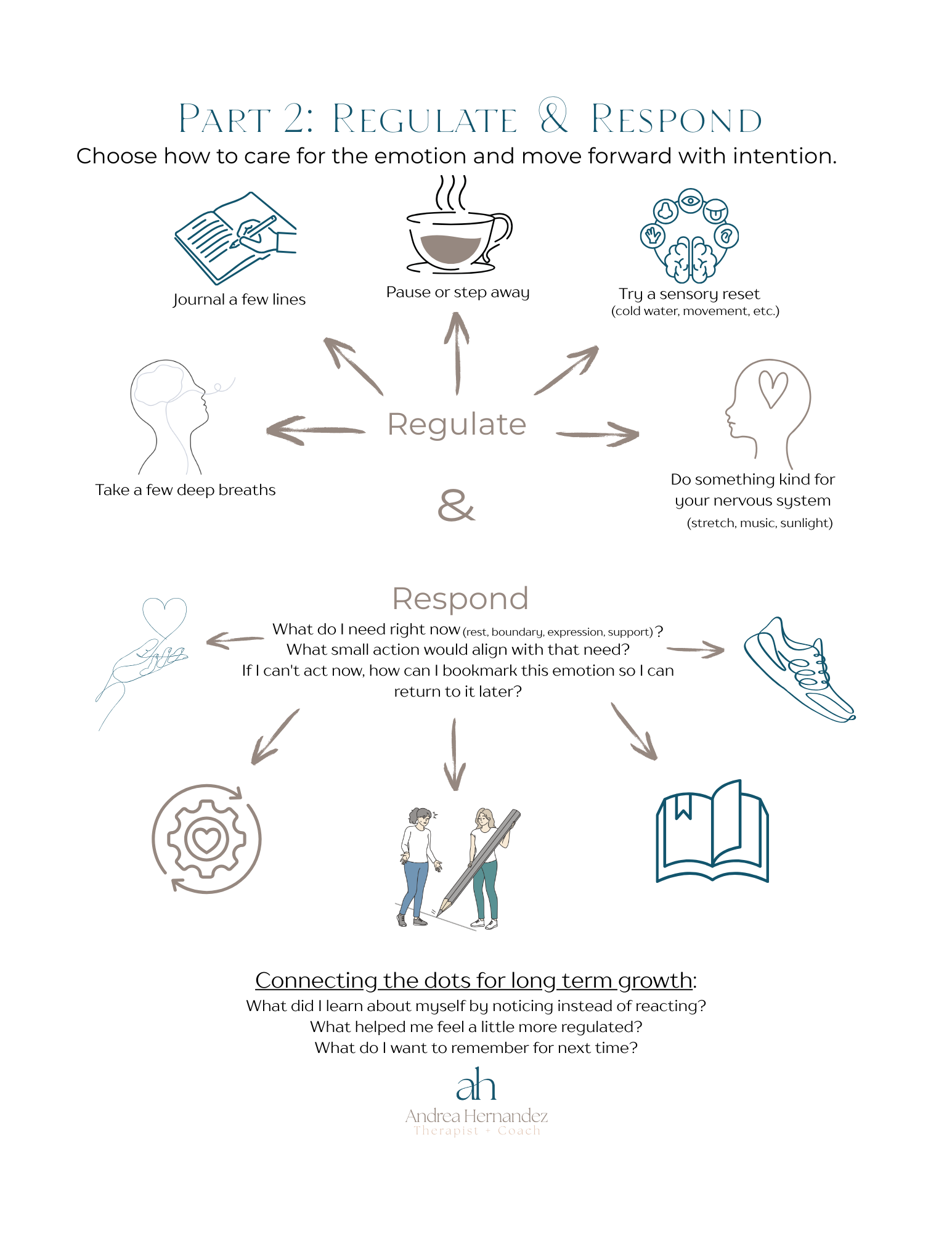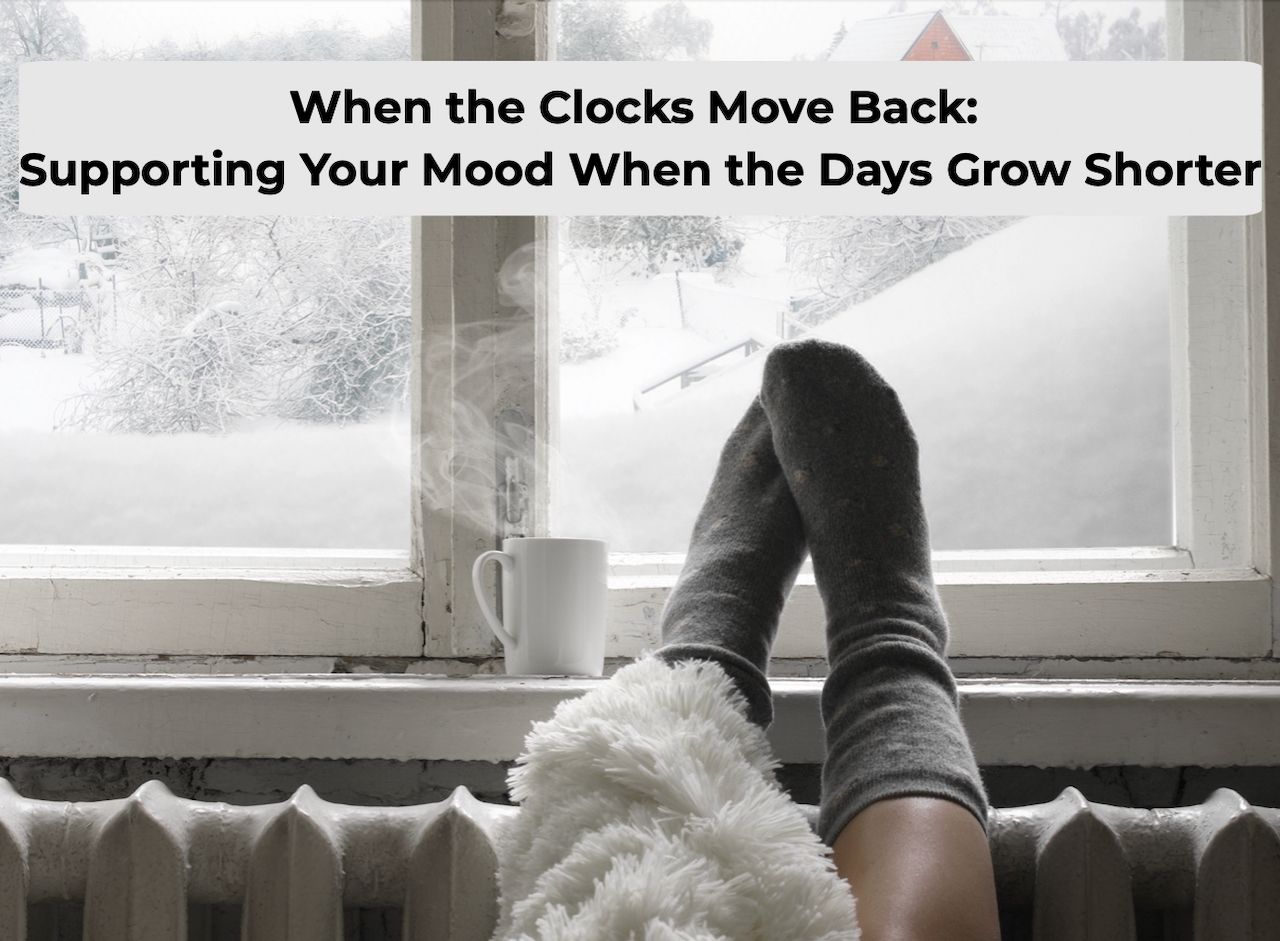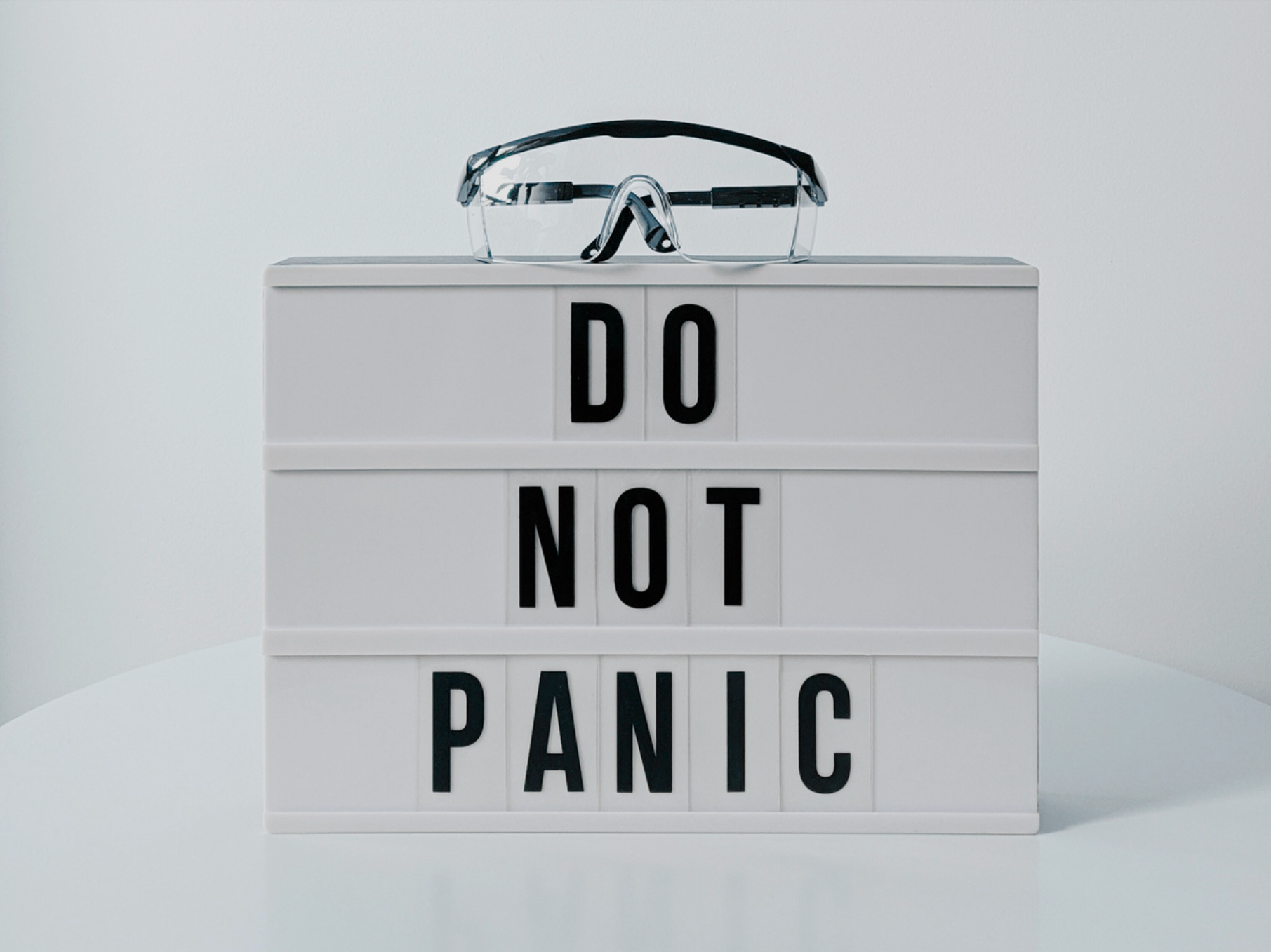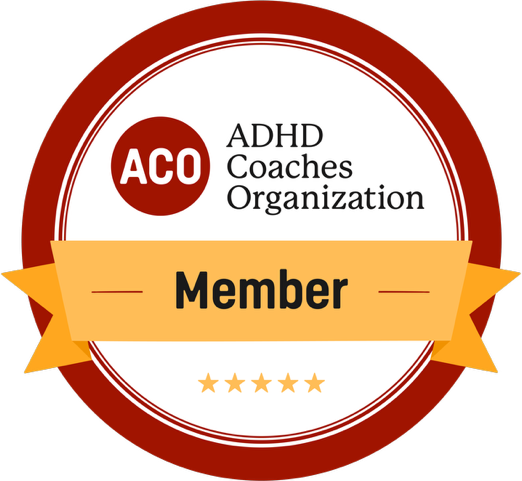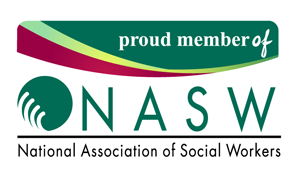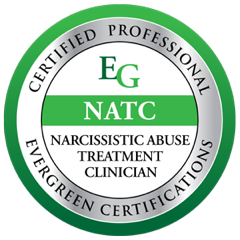12 Signs You’re in an Emotionally Unsafe or Antagonistic Relationship
When you’re in the middle of a painful or confusing relationship, it can be hard to tell what’s really happening. You might spend more time questioning yourself than the dynamic. You might keep asking: Am I overreacting? Are my expectations too high? Is this just normal conflict?
Here’s what I want you to know: emotional safety is not too much to ask for. And if you constantly feel dysregulated, second-guessed, or like you’re walking on eggshells, something isn’t working.
This post isn’t meant to diagnose or label your partner—it’s meant to help you get clear on how a dynamic is impacting you. Emotional safety is a non-negotiable in healthy relationships. These 12 signs are meant to help you spot the difference between everyday relationship challenges and patterns that are more damaging.
1. You frequently second-guess yourself.
You find yourself questioning your memory, your instincts, or whether you’re “making too big a deal” out of something. The more time you spend with them, the more unclear you feel about your own reality.
2. You feel like you’re always the problem.
Even when you bring something up gently, it somehow gets turned around. You end up apologizing, explaining, or comforting them instead.
3. You walk on eggshells.
You edit yourself constantly. You avoid certain topics, hold back opinions, or tiptoe around their moods because you’ve learned it’s safer that way.
4. Boundaries aren’t respected—unless they benefit the other person.
When you set a limit, you’re met with guilt-tripping, sarcasm, anger, or complete disregard. But their boundaries are treated as non-negotiable.
5. You’re stuck in a cycle of highs and lows.
The relationship swings between intense connection and deep disconnection. After a conflict, there’s often love-bombing or temporary tenderness—enough to keep you hooked, but not enough to build trust.
6. You feel like your needs are “too much.”
When you express a need or desire, you’re met with defensiveness, blame, or dismissal. You might start minimizing or silencing yourself to avoid conflict.
7. Your accomplishments are ignored—or resented.
Instead of celebrating your wins, they downplay your success or make it about themselves. Over time, you might stop sharing good news at all.
8. You’re often exhausted after interactions.
Even neutral conversations leave you drained. You might feel mentally foggy, emotionally depleted, or like your nervous system is always on alert.
9. You don’t feel emotionally safe.
You censor your feelings because vulnerability doesn’t feel safe. You worry your emotions will be used against you, mocked, or weaponized later.
10. They refuse to take accountability.
When you name a concern, they respond with denial, defensiveness, or deflection. There’s no mutual effort to reflect, repair, or grow.
11. They use confusion as control.
They tell you one thing and do another. They rewrite history. You’re often left wondering, “Did I imagine that?” or “Maybe I misunderstood.”
12. You don’t feel like yourself anymore.
You’ve lost touch with your joy, your confidence, your spark. You’re constantly monitoring, managing, or minimizing—to keep the peace.
Final Thought: Confusion Is a Clue
Healthy relationships don’t leave you constantly questioning yourself. They’re not perfect—but they’re safe, consistent, and growth-oriented. If you’re stuck in a dynamic that leaves you emotionally depleted or constantly doubting yourself, you’re not “too sensitive.” You’re picking up on something real.
You don’t need a diagnosis to know that a relationship doesn’t feel good. And you don’t need permission to want something better.
In the next post, we’ll explore how to begin rebuilding self-trust—especially after long periods of second-guessing, self-silencing, or emotional confusion.
Because the most important relationship you’ll ever repair is the one you have with yourself.
Want support?
If you’re noticing emotional overload, confusion, or relational stress on a daily basis, you're not alone. Whether through therapy or coaching, I help clients untangle these dynamics, reconnect with themselves, and move forward with clarity and self-trust.
Explore my
free resource library or
get in touch if you're ready to start untangling the overwhelm.
Please complete the form below to gain access to my handouts library.
